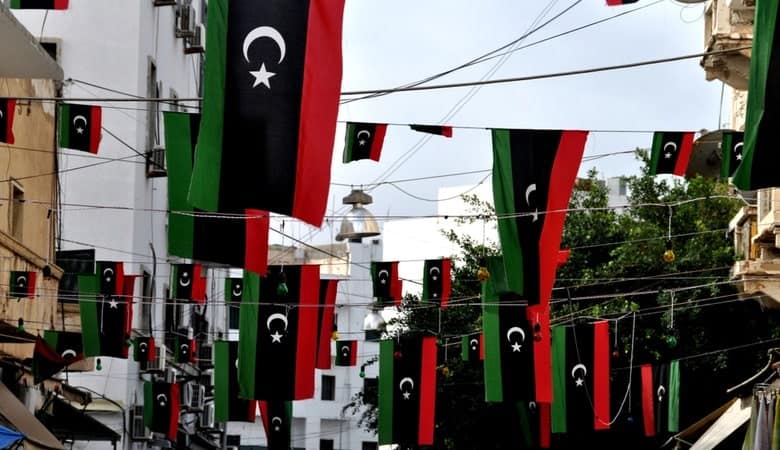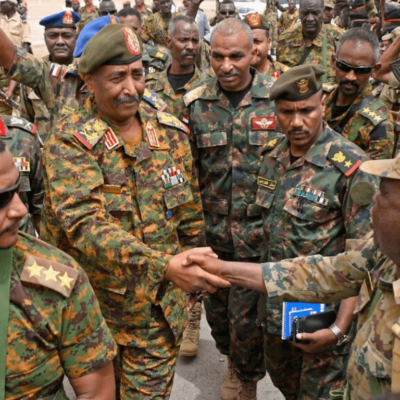Turkey, Qatar and Libya to find a solution in Libya, LNA should go back to 2015 positions

Qatar’s Minister of State for Defense Affairs Khalid bin Mohammed al-Atiyaand Libya’s Minister of Interior Fathi Pashagha arrived in Ankara on Monday to meet the Turkish Defense Minister Hulusi Akar. According to a statement from Ankara, the talks focused on the latest developments in Libya and the way to reach a ceasefire between the Tripoli-based Government of National Accord (GNA) affiliated armed groups and the self-stilled Libyan National Army (LNA) led by General Khalifa Haftar.
Libya’s Ministry of Interior said in a statement that Pashagha expressed his gratitude for Turkey’s support to the legitimate Government of Libya and praised the strategic cooperation between the two countries.The Turkish presidency, from his side has reaffirmed that the LNA of Haftar should withdraw from the city of Sirte and al-Jufra, and return to their positions before 2015, as a condition for any sustainable ceasefire in the North African country.
Turkey also revealed to have reached an agreement with Russia to work towards a sustainable and reliable ceasefire in Libya. “For the ceasefire to be sustainable, al-Jufra and Sirte should be evacuated, and parties should return to what the situation was on the frontlines in 2015,” the spokesman of Turkish presidency Ibrahim Kalin stressed in a press briefing. Al-Jufra and Sirte, in the central region of Libya, became the new red line following the withdrawal of the LNA forces from Tripoli, after a year of war resulted in the displacement of thousands of families and the killing of hundreds of civilians.
Read More: Growing diplomatic activity indicates that something is about to change in Libya
Egypt declared the two cities as red line and warned the GNA militias backed by Turkey from crossing it, while the Cairo’s parliament gave the green light to the president Abdel Fatah al-Sisi to deploy troops in Libya, as the situation threatens its National Security. The decision was welcomed by the eastern Libyan Parliament and by several tribes, previously hosted by al-Sisi last week.
Ankara and Doha have never been so close. The advantages that Ankara derives from relations with Qatar are evident but the same is also true for Doha. The Turkish military presence in the Emirate, which joins the American one established at the base of Al Udeid, reinforces Qatar’s position in the ongoing controversy with Saudi Arabia, Bahrain, the United Arab Emirates and Egypt. These nations, since 2017, have cut their economic and diplomatic ties with Doha, have closed the airspace to Qatar Airways aircraft and have imposed a series of conditions on the Emirate for the blockade to end: in particular, the alleged support of the Qatari royal family to international terrorism.Qatar also helped Turkey shore up its foreign reserves with a $15 billion deal announced in May to help Turkey’s struggling economy.
Turkey has been ramping up its military intervention in the North African country.The interests of Ankara and Doha in Libya are several, from reviving the Ottoman empire to creating an Islamic state, expanding the influence of the Muslim Brotherhood in the region; from ensuring hegemony in the eastern Mediterranean to millionaire projects, including the completion of projects stopped in 2011 and the exploration of new Oil and Gas resources. That’s why in November 2019, Turkey has reached with the head of GNA Fayez al-Serraj two agreements: one in military and defense cooperation, and the other regarding maritime demarcation, which guarantee to Ankara exploration and fishery rights in the eastern Mediterranean. The latest was rejected by the EU, the Arab League and most of Mediterranean countries such Greece, Italy, France, Israel and Cyprus.




